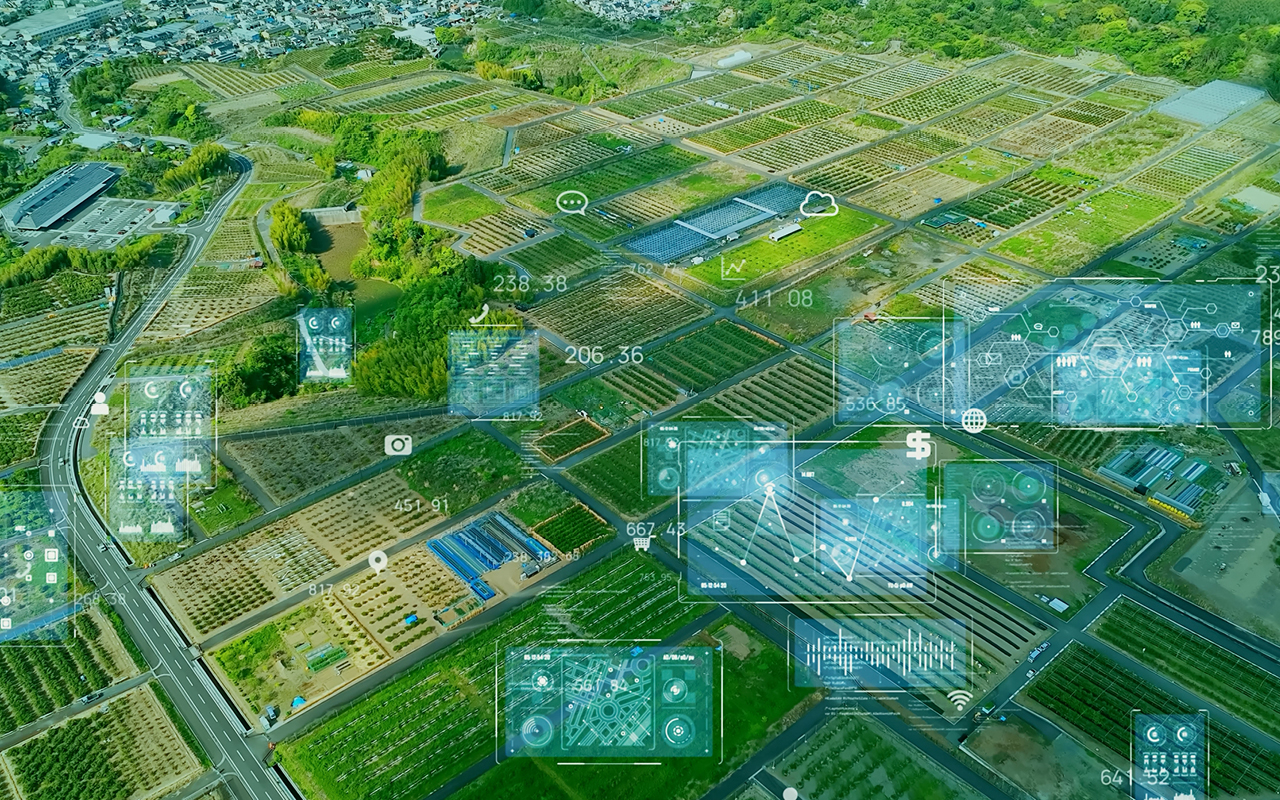Challenge As climate change intensifies, there is growing pressure on agricultural systems to transition toward more sustainable and resilient practices. Plant-based protein (PBP) farming, particularly with legumes as a foundational crop, offers environmental and nutritional benefits. However, the adoption of sustainable PBP practices by producers is not just a technical decision, it is deeply influenced by policy, planning, and governance structures operating at local, regional, and national levels. There remains a critical gap in understanding how these factors shape producer decisions, especially when compounded by climate-driven shocks.
Solution This research investigates the multi-scalar roles of policy, planning, and governance in influencing producer choices to adopt sustainable PBP farming. It explores how regulatory frameworks, institutional incentives, and land-use planning interact with producers’ responses to climate disruptions. By focusing on legumes as a key crop, the study aims to build both empirical data and theoretical insights into where and how sustainable PBP practices can yield optimal outcomes. This includes identifying policy levers that encourage uptake and resilience in the face of climatic variability.
Impact The research will provide evidence-based guidance for policymakers, planners, and agricultural stakeholders on promoting sustainable PBP adoption. It will enhance our understanding of how governance systems can support climate adaptation in agriculture, particularly for emerging plant-based protein markets. Ultimately, this work will contribute to building resilient food systems that align with environmental goals and support rural communities, improving outcomes for both people and the planet.








